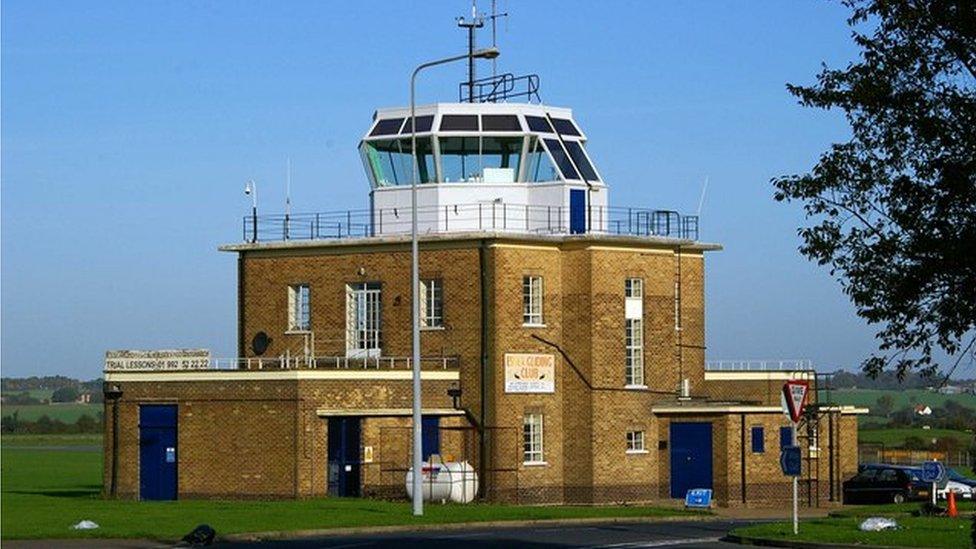Ludham aircraft crashed after flying on unapproved fuel says report
- Published
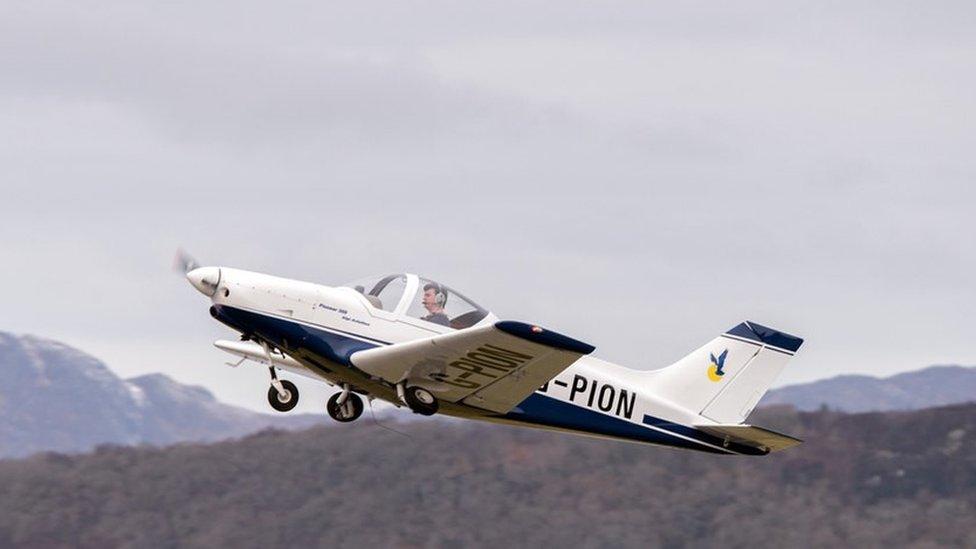
A Pioneer 300, similar to the one photographed above, crashed while trying to return to Ludham Airfield in Norfolk
An aircraft that crashed after taking off was using fuel which the Light Aircraft Association (LAA), external had warned against using, a report said.
The pilot of the Pioneer 300 tried to return to Ludham Airfield in Norfolk shortly after take-off on 19 June but crashed in a field nearby.
The Air Accidents Investigation Branch, external said the plane was flying on E10 Mogas.
It can lead to carburettor icing, which the pilot said "may have been" a factor in the engine losing power.
Neither the pilot nor his passenger were injured in the crash, but the aircraft was extensively damaged.
He reported the Pioneer 300 had "a normal take-off", but at 300ft (91m) the "engine started to run rough with a reduction in engine power".
He turned back to Ludham but crashed in a field about 30m (98ft) from the runway, the report said.
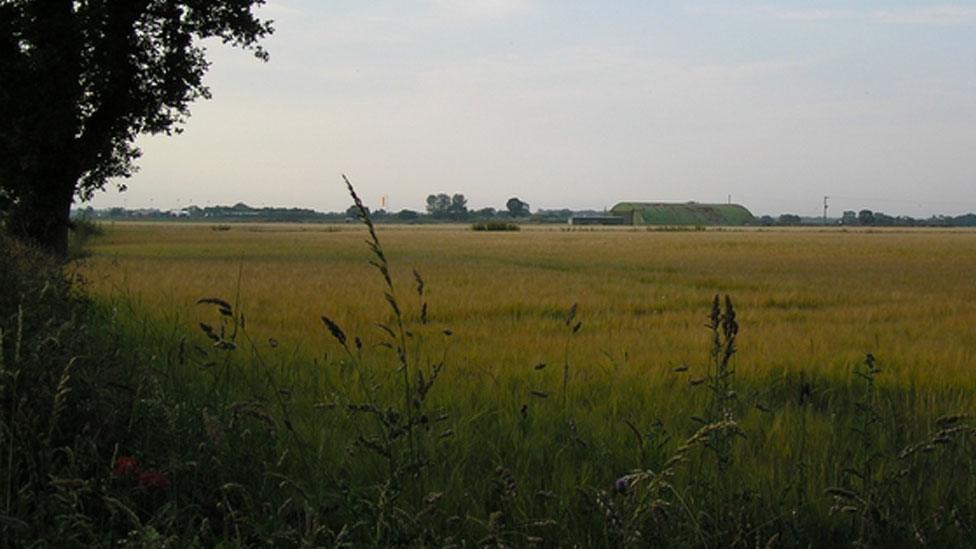
Ludham Airfield is now privately owned, but was first opened by the RAF during World War Two
The LAA warned pilots that E10 Mogas was "bad news for aviation users", external after the government increased the amount of ethanol in petrol from 5% to 10% in September 2021 to cut carbon dioxide emissions.
The report said the LAA had "not approved" its use for aircraft, warning "carburettor icing is more likely" with E10 fuel.
Ethanol can attack components such as rubberised gaskets, fuel pipes, old-lacquered carburettor floats and composite or plastic components, it continued.
Investigators said E10 Mogas also had "a much higher vapour pressure than [the aviation spirit or gasoline] Avgas".
The pilot was aware of the LAA limitation of the use of the fuel, "but decided to mitigate the effects of E10 Mogas by mixing it with Avgas which he believed was an acceptable practice", the report said.

Find BBC News: East of England on Facebook, external, Instagram, external and Twitter, external. If you have a story suggestion email eastofenglandnews@bbc.co.uk, external
- Published16 October 2022
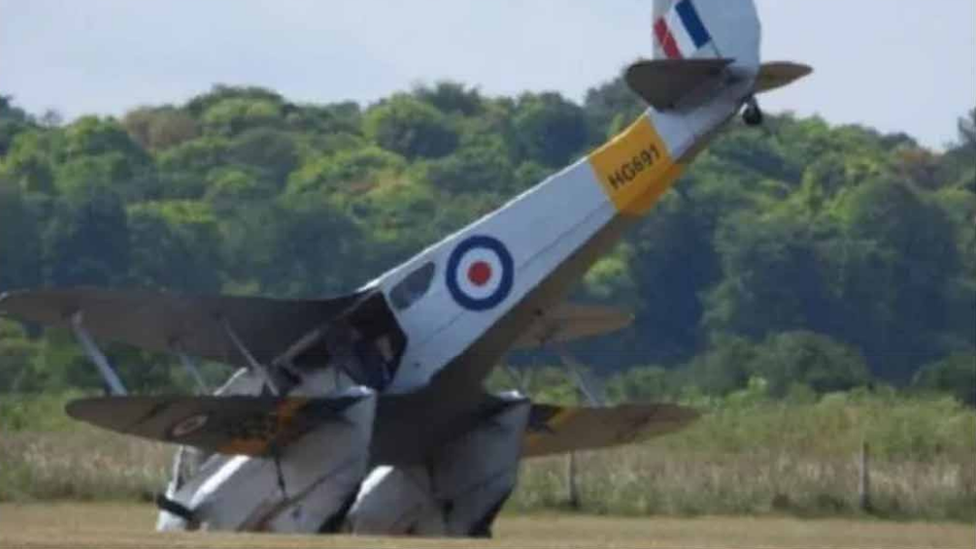
- Published23 July 2022
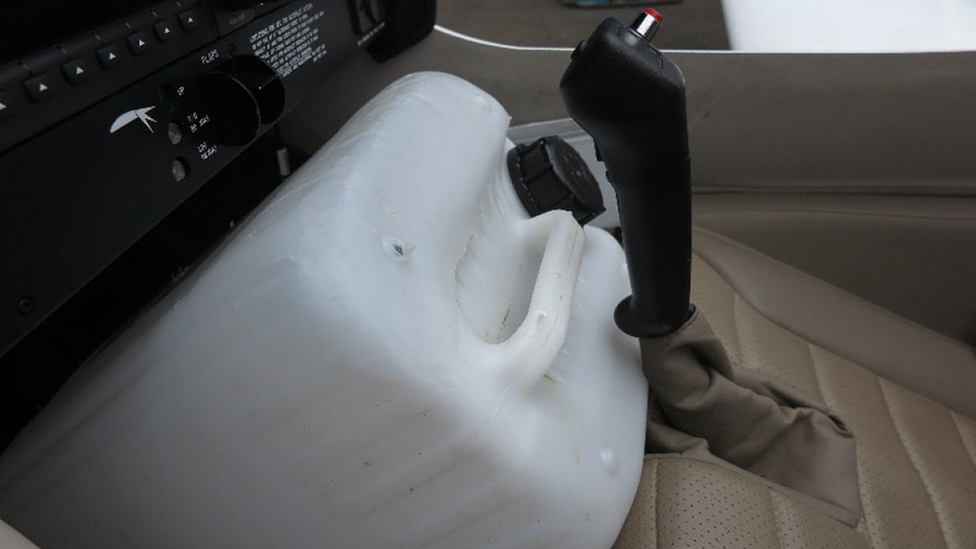
- Published29 April 2022
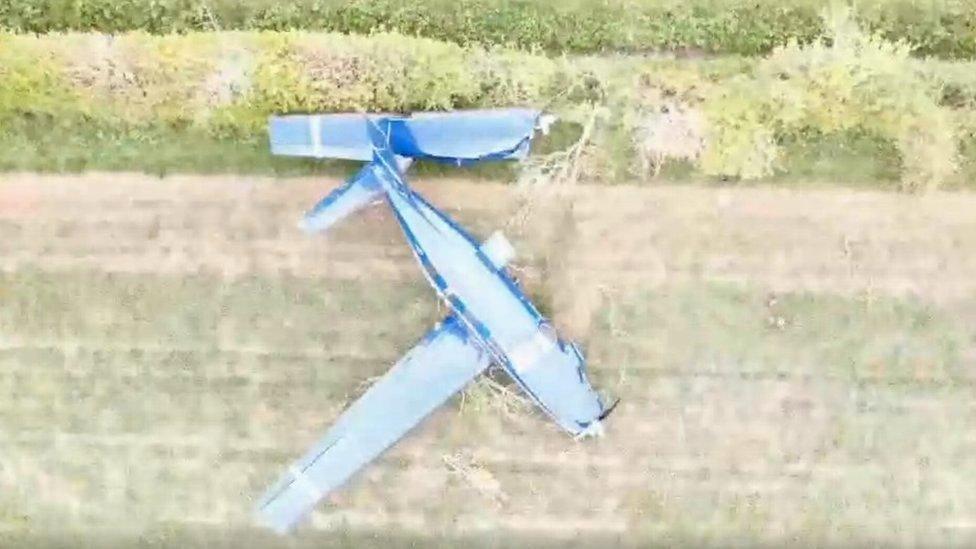
- Published24 March 2022
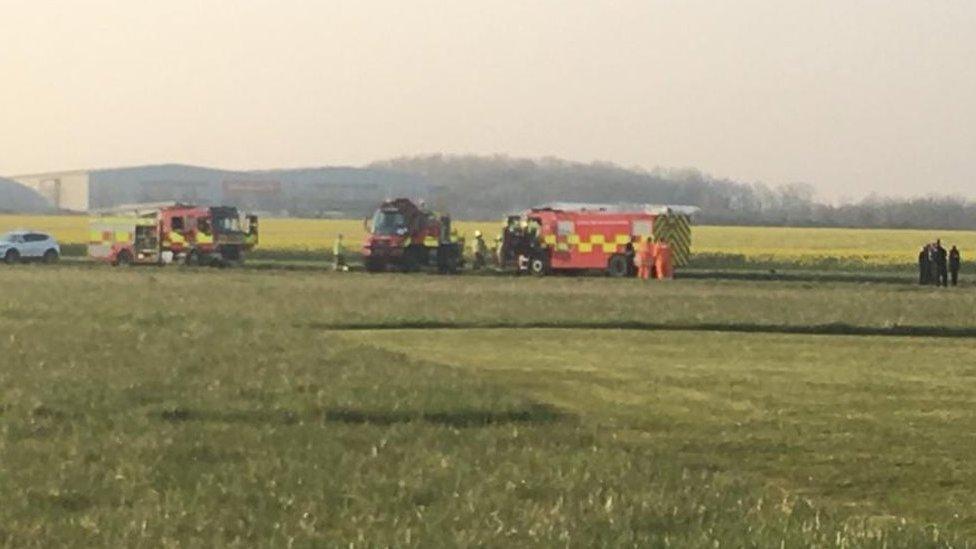
- Published3 February 2022
